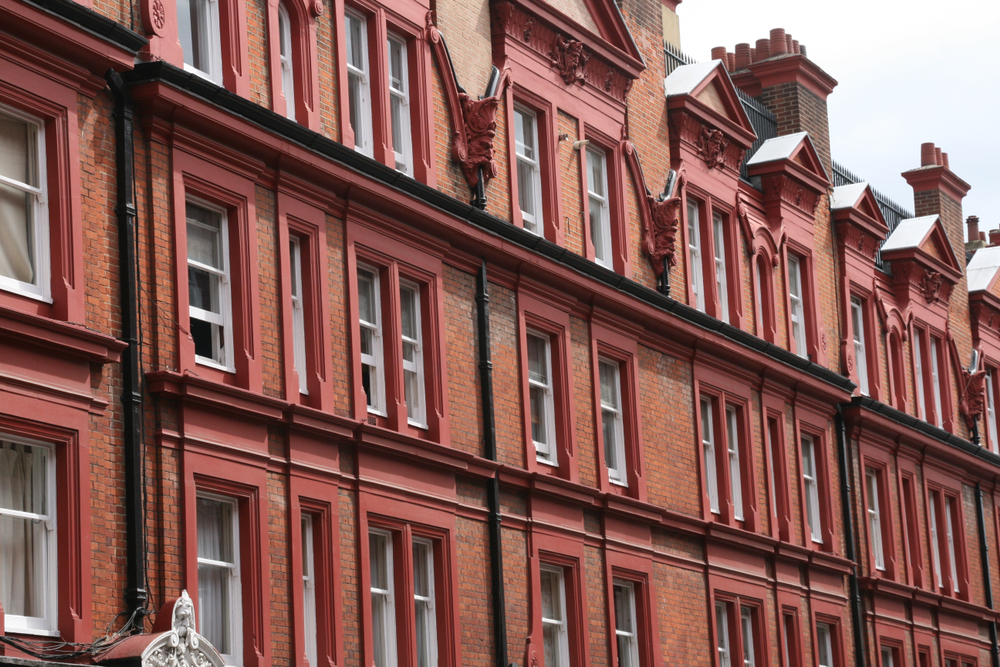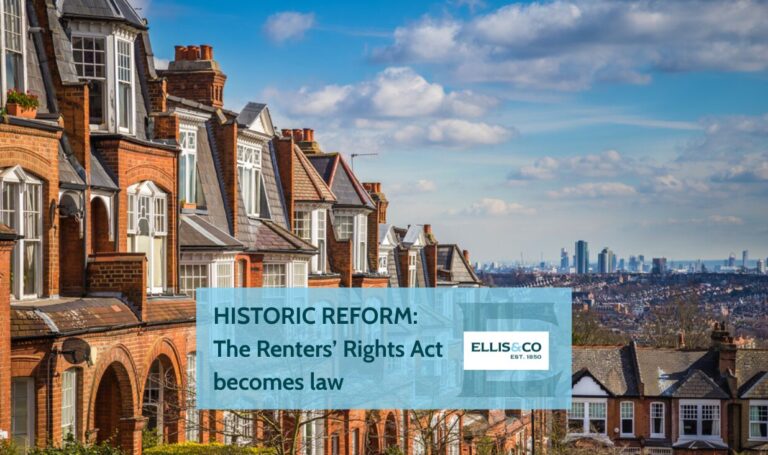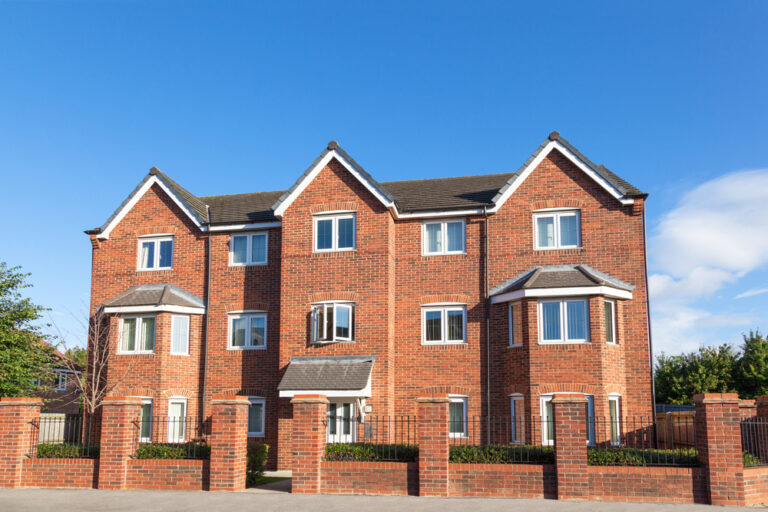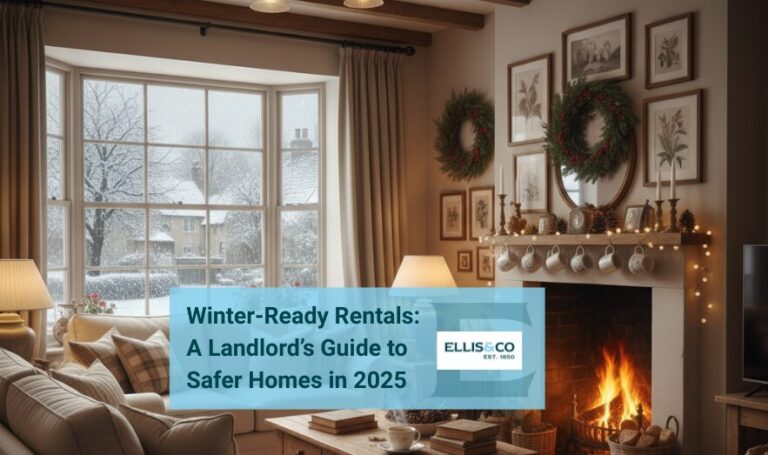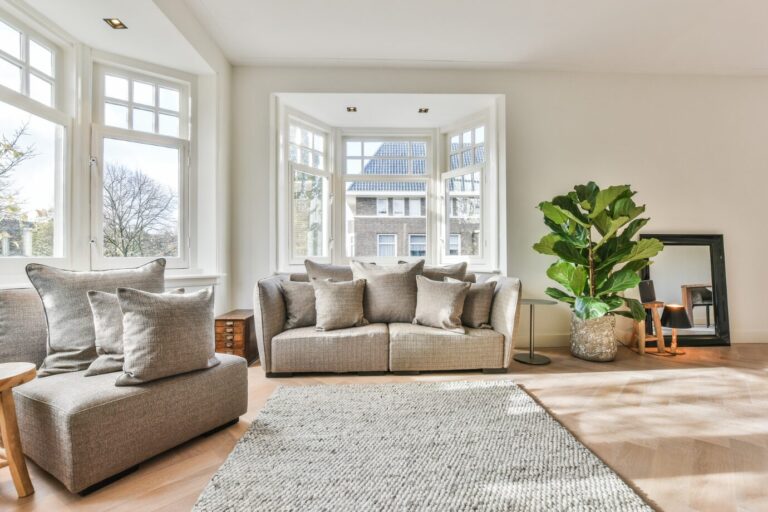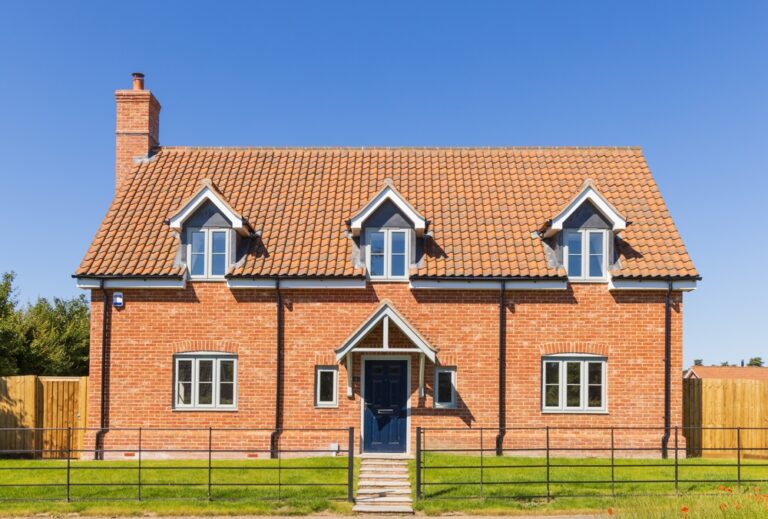Up until 2006, it was only landlords running certain Houses in Multiple Occupation (HMOs) who needed licences to operate their rental properties.
But the introduction of sections 79, 80 and 81 of the Housing Act 2004 in 2006 saw the introduction of Selective Licensing for landlords of all residential properties.
But what does it mean and how do you know if you need a licence to be a landlord?
Let’s take a look at the rules and regulations…
What is landlord licensing?
As we mentioned above, up until 13 years ago landlords operating single tenancy properties didn’t need a licence to do so.
But as the UK government continued its crackdown on rogue landlords, Selective Licensing was introduced in some local authority areas, but not others.
Further confusing the issue, the conditions that come with the landlord licensing scheme often vary between different local authorities.
How to find out if you need a landlord licence
Before letting any property, speak to your local council to determine if you need a licence.
If you’re planning to operate a large HMO, you will need a licence to do so, but it’s also crucial landlords planning to let a single-tenancy property check, too.
Letting a property without a licence in an area where one is required could result in a hefty fine.
How to apply for a licence
Again, this is done through your local authority and once your application has been submitted, the council will either grant you a licence or reject your application.
Selective Licensing does come with some standard conditions, on top of any additional ones each council may make and they include:
* The property must have a valid gas safety certificate
* Electrical appliances and furniture (if furnished) must be safe
* The property must have functioning smoke alarms
* References must be taken from the tenants
The authority will also want to know details of who will be occupying the property and details of the tenancy agreement.
How much does a landlord licence cost?
As you might expect, this varies depending on the local authority issuing the licence.
Generally, though, you would be looking to pay around £500 for a landlord licence that is valid for five years.
London boroughs operating Selective Licensing
Firstly, you should always check with your local authority before letting a property.
But as of 2017, 11 London boroughs were operating the Selective Licensing scheme. They were:
* Barking & Dagenham
* Brent, Croydon
* Ealing
* Hammersmith & Fulham
* Harrow
* Newham
* Redbridge
* Southwark
* Tower Hamlets
* Waltham Forest
Properties exempt from Selective Licensing
Most standard privately rented properties falling in a Selective Licensing area will be subject to the scheme, but there are some exemptions.
These are:
* Holiday lets
* Business premises
* Student rentals where the college / university is the landlord (i.e halls of residence)
* Rentals where the tenant is related to the landlord
Licensing and HMOs
Prior to October 1 2018, landlords running HMOs only needed a licence if their property was more than three storeys in height and lived in by five or more people who were not related.
However, since then the three-storey rule has been dropped and now any house share with five or more non-related people living there is subject to mandatory HMO licensing.
Even if an HMO doesn’t meet the mandatory licensing criteria, for instance if only three unrelated people are living in the property, if it falls in a Selective Licensing area it will still need a licence.
